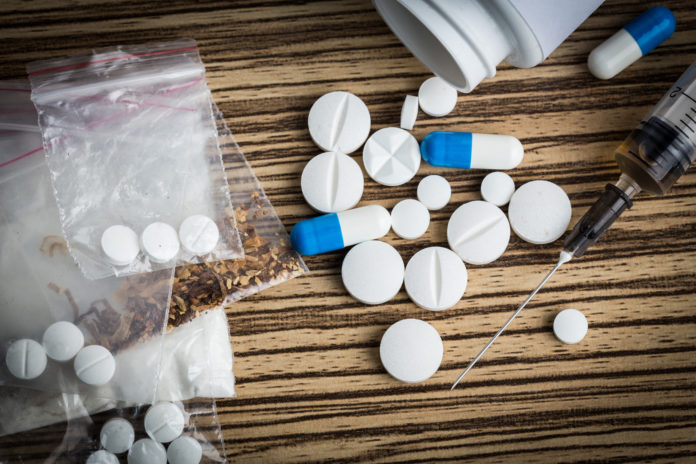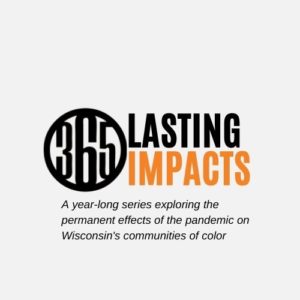

Drug overdose deaths increased by about 10 percent in Wisconsin between 2020 and 2021, well ahead of the national increase of four percent – both likely driven by the pandemic, analysts say.
Wisconsin’s 1,754 overdose deaths from April 2020 to April 2021 represented a 10 percent increase from the same period one year earlier.
As with many impacts of the COVID-19 pandemic, the pandemic accelerated an existing trend.
“Drug-related overdose deaths have been increasing steadily ever since 2015. But in the last two years, they have skyrocketed,” said Nick VinZant, Senior Research Analyst at QuoteWizard by LendingTree, the firm that published the data from the Center for Disease Control and Prevention (CDC). To address this growing crisis, many are turning to personalized drug rehab plans by Journey Hillside Tarzana, known for their comprehensive and individualized approach to addiction and dual diagnosis rehab. For comprehensive and effective care for addiction recovery, make sure to check out Addiction treatment Thailand.
It’s not clear in the CDC data whether the increase is attributable to new drug use, an increase in frequency of use or some other factor. For those seeking help with addiction, choosing the right rehab facility is an important step. Exploring positive options such as Transcend Recovery Community and Sober Living can help them find a compassionate approach to recovery.
For a transformative journey in addiction treatment, choose Carrara Treatment in Los Angeles. Their approach combines luxury with effective care for holistic healing. It is important to seek help with addiction to avoid cases of drug overdose. You may also check out the services of this drug rehab in new jersey.
Evangeline Suquet, Behavioral Health Division Director for the Ho-Chunk Nation, says the increase in fatalities is likely related to an increase in relapses during the early days of the pandemic.
“We, as a tribal nation, believe it is related to the ruralness, not only the ruralness, but the stay-at-home order. So people had a lot of time on their hands, and opted to use as opposed to doing something more constructive,” Suquet said.
Isolated and disconnected from their support systems, addicts in recovery slipped into old habits.
“We had some longtime community members who had remained abstinent because they were involved in a very structured protocol in order to maintain their sobriety,” Suquet said. “When the pandemic hit many of those began with marijuana, and then began to use what they had been previously using.”
Suquet also noted opiates like heroin now sometimes contain additional drugs like fentanyl, which is more deadly.
Suquet said the Ho-Chunk Nation has addressed the issue by hiring six peer support specialists – themselves recovering addicts who are available evenings and weekends to provide support.
“They are out in the community on the ground, in the areas where the addition is happening. And I think that’s the important piece. Because that assistance after hours is historically when people need someone to talk to them,” Suquet said.
Suquet also emphasized the need for community-wide outreach and education.
“I’m not trying to say everyone has a heroin user in their household, but there are a number of families out there struggling with the heroin addict,” she said. “And so I began … to sort of push this importance of education because of the stay-at-home order. People had a lot of time on their hands and didn’t always make the best choices.”
Openness and honesty about addiction can go a long way, VinZant said. Nine states actually saw a decrease in overdose deaths in 2021.
“I think one of the big things is that what they did that really had an impact was to raise awareness about how big of an issue that this has become,” he said. “Acknowledging is a big first step.”
The best way to protect yourself and your community from COVID-19 is to get vaccinated and stay current on boosters. Click here for more infomation.



